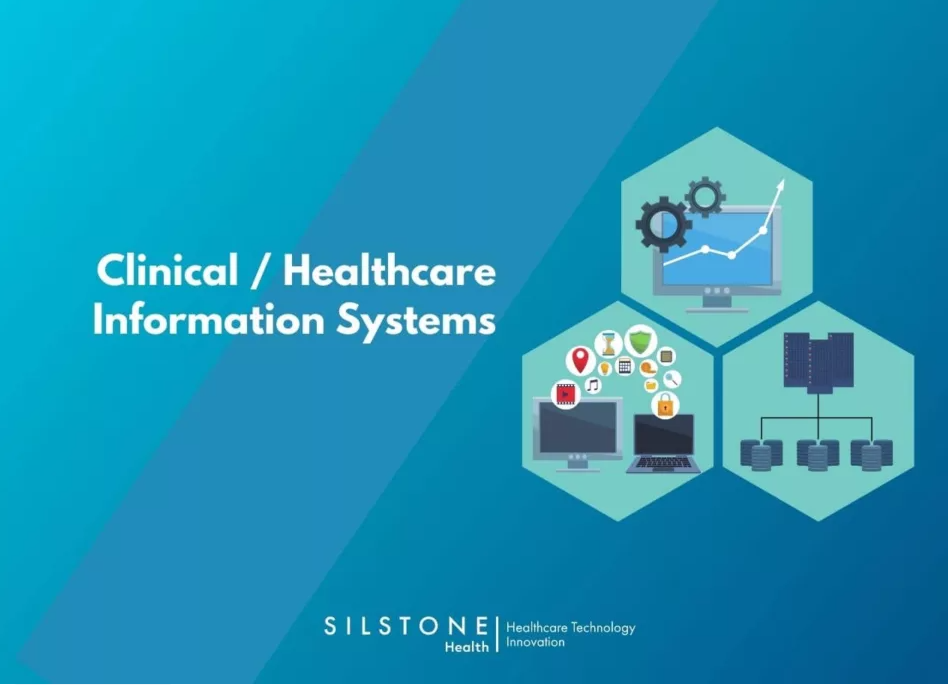Physical Address
304 North Cardinal St.
Dorchester Center, MA 02124


Global Blog Planet


Global Blog Planet


Introduction:
In the ever-evolving landscape of healthcare, the integration of technology has become imperative for enhancing patient care, streamlining administrative tasks, and improving overall efficiency. Clinical Information Systems (CIS) stand at the forefront of this technological revolution, offering comprehensive solutions that encompass various aspects of healthcare management. From electronic health records (EHR) to decision support systems, CIS play a pivotal role in modern healthcare delivery.
Understanding Clinical Information Systems:
Clinical Information Systems refer to a diverse array of computer-based tools designed to manage, store, and analyze healthcare data. These systems encompass a wide range of functionalities, including but not limited to patient management, medical billing, laboratory information management, and decision support.
Key Components of Clinical Information Systems:
Benefits of Clinical Information Systems:-
Enhanced Patient Care: CIS improve care quality by providing healthcare providers with comprehensive patient data, facilitating evidence-based decision-making, and promoting care coordination among interdisciplinary teams.
Increased Efficiency: By automating routine tasks, reducing paperwork, and streamlining administrative processes, CIS optimize workflow efficiency, allowing healthcare providers to focus more on patient care.
Improved Patient Safety: CIS help mitigate medication errors, reduce adverse drug events, and enhance patient safety through functionalities such as CPOE and CDSS.
–
Enhanced Data Analytics: By capturing and analyzing vast amounts of healthcare data, CIS enable healthcare organizations to derive actionable insights, identify trends, and improve population health management.
Challenges and Considerations:
Despite the numerous benefits they offer, the implementation and utilization of Clinical Information Systems come with challenges. These may include interoperability issues between different systems, data security and privacy concerns, user resistance to technology adoption, and the need for ongoing staff training and support. Healthcare organizations must carefully navigate these challenges to maximize the potential of CIS while ensuring patient confidentiality and data integrity.
Conclusion:
Clinical Information Systems represent a paradigm shift in healthcare management, empowering providers with advanced tools to deliver high-quality care, enhance efficiency, and improve patient outcomes. As technology continues to evolve, the role of CIS in modern healthcare will only become more prominent, driving innovation and transforming the way healthcare is delivered and managed.
By embracing Clinical Information Systems and addressing associated challenges, healthcare organizations can pave the way for a more connected, efficient, and patient-centered healthcare ecosystem.